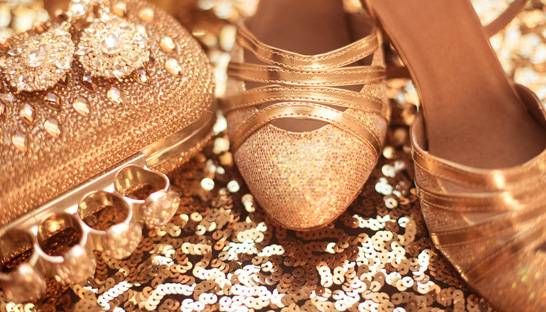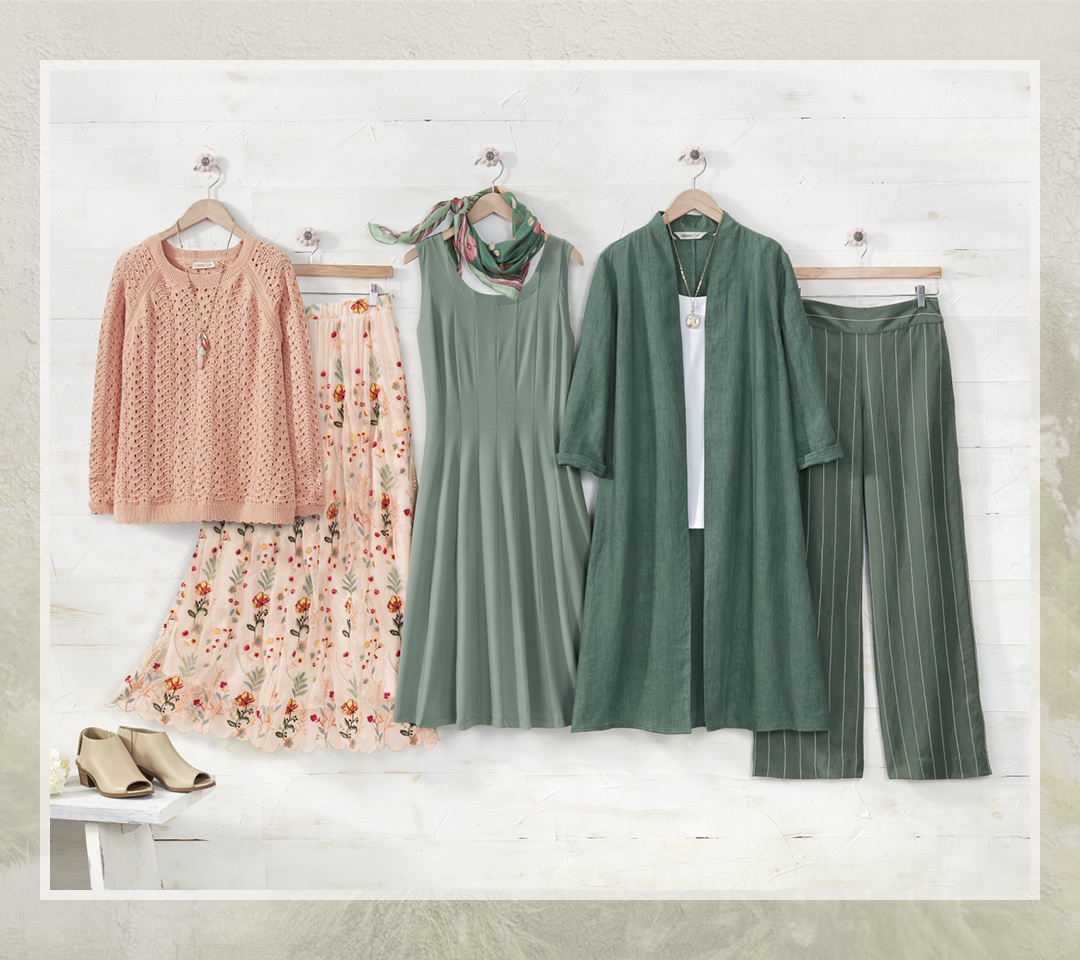In the realm of consumer goods and services, the term luxury is often thrown around, but what truly defines it? What are the characteristics that set luxury items apart from the rest? This article aims to delve into the intricate world of luxury, exploring its defining characteristics, and how they shape our perception and consumption of luxury goods and services.
- Exceptional Quality: The cornerstone of luxury is exceptional quality. Luxury goods are often made from the finest materials, crafted with meticulous attention to detail, and offer superior performance or experience. Whether it's a hand-stitched designer handbag, a bespoke suit, or a vintage wine, the quality of luxury items is unparalleled and often justifies their high price tag.
- Exclusivity: Luxury is synonymous with exclusivity. Luxury brands often produce limited quantities of their products, creating a sense of scarcity and exclusivity. This not only enhances the desirability of the product but also ensures that it retains its value over time.
- Brand Heritage: Many luxury brands have a rich history and heritage that adds to their allure. The stories of their inception, their journey, and their commitment to preserving traditional craftsmanship often form an integral part of their brand narrative, making them more appealing to consumers who value authenticity and tradition.
- High Price: Luxury goods and services command a high price, which is often reflective of their quality, exclusivity, and brand heritage. However, it's not just about the monetary value. The high price also serves as a status symbol, signaling wealth and social standing.
- Personalization: Luxury brands often offer personalized services or products, allowing consumers to add a touch of individuality to their purchases. This could range from monogramming a designer bag to customizing a luxury car. Personalization enhances the luxury experience, making it unique and personal to the consumer.
- Superior Customer Service: Luxury brands are known for their exceptional customer service. Whether it's in-store or online, luxury brands strive to provide a seamless and personalized shopping experience, often going above and beyond to meet the needs and expectations of their customers.
- Sustainability: With growing awareness about environmental issues, many luxury brands are incorporating sustainability into their business models. This includes using ethically sourced materials, adopting sustainable manufacturing practices, and contributing to environmental conservation efforts. For many consumers, this commitment to sustainability adds to the appeal of luxury brands.
In conclusion, luxury is a multifaceted concept that goes beyond mere price tags. It's about the quality, exclusivity, heritage, personalization, customer service, and increasingly, sustainability. Understanding these characteristics can help consumers make informed decisions and appreciate the true value of luxury.



